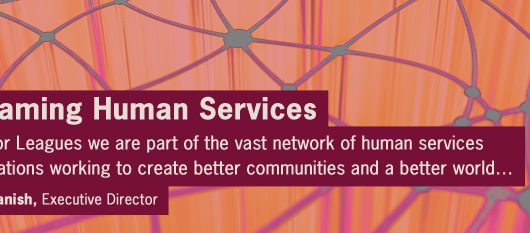Yesterday the reauthorization of the Violence Against Women Act (VAWA) passed in the U.S. House of Representatives, having passed in the Senate earlier this month. The reauthorization was not without controversy. We live in a world where every issue is multi-faceted, where every issue has advocates and detractors, where positive outcomes for some are viewed as negative outcomes for others.
This has led me to stop and ask myself, “What has happened to universal values? Are there no issues, no beliefs, no values that people everywhere can agree on? Is there really no commonly shared right or wrong?”
In the 1970s, long before domestic violence became a national and international issue, individual Junior Leagues created programs to protect women and children. In the 1980s, with growing governmental awareness of the issue, Junior League members testified before Congressional Committees. In the 1990s, many Junior Leagues joined the Silent Witness National Initiative, co-chaired by a member of the Junior League of St. Paul. Leagues in Canada, the U.K., and the U.S. spearheaded local campaigns. The Initiative raised awareness in Congress and led to the addition of the Violence Against Women Act to the Violent Crime Control and Law Enforcement Act of 1994.
VAWA was reauthorized in 2000 and 2005 and through time has been expanded to include more provisions, protections and programs. The Act awaiting President Obama’s signature does as well, and elements of it were the subject of debate.
And so once again, I am left with questions. What are the universal values, the rights and wrongs? If there are universal values, is it that there are no shared solutions? Is it possible in today’s complex society to find both values and solutions that everyone can agree on?
![]() Susan E. Danish Executive Director
Susan E. Danish Executive Director
The Association of Junior Leagues International, Inc.

